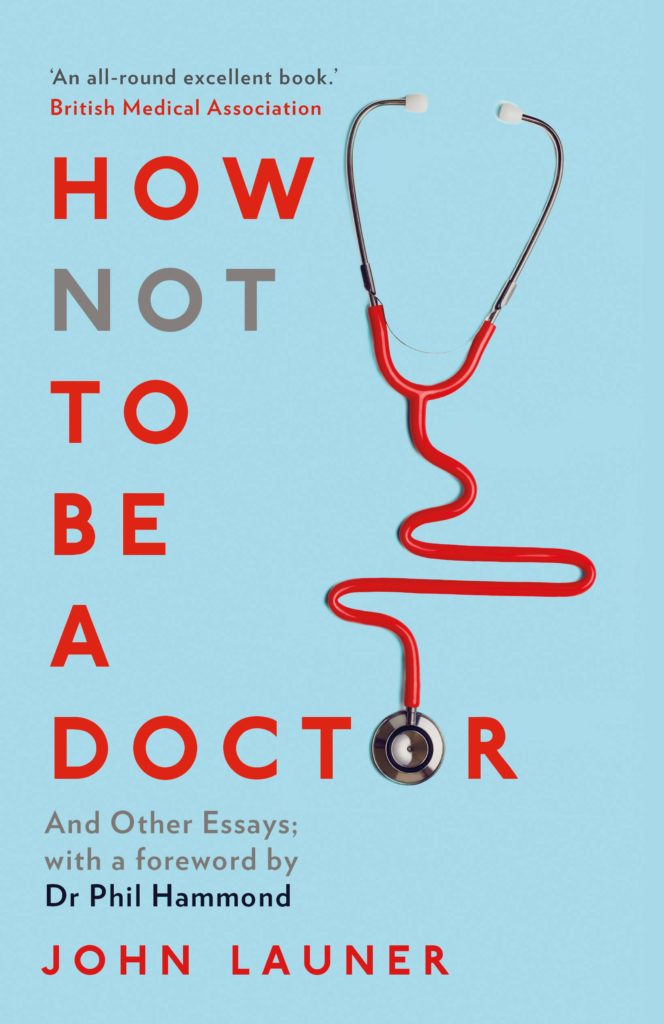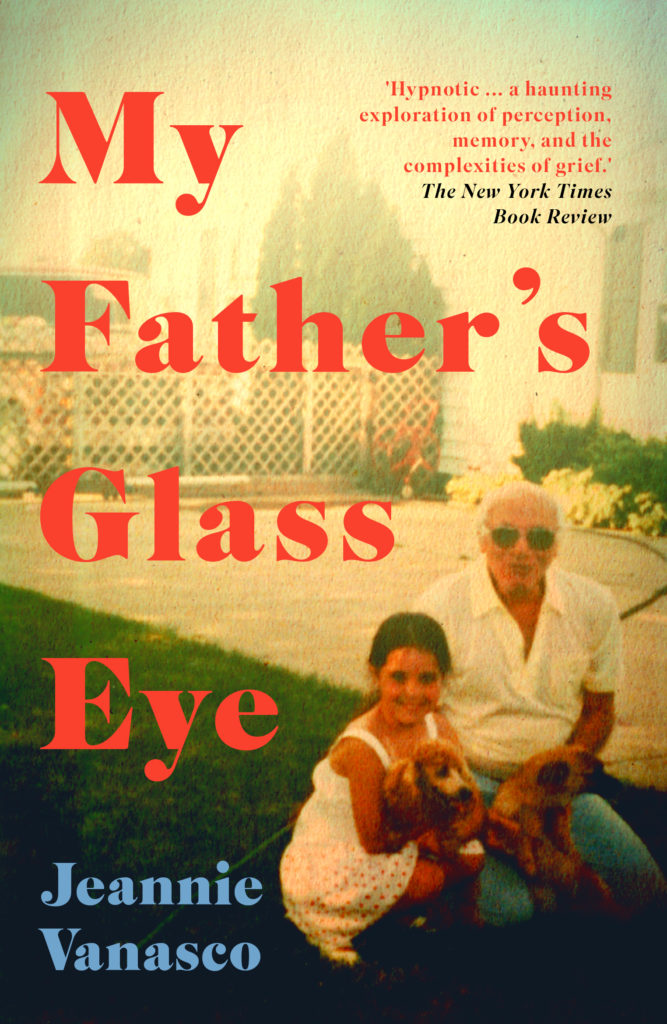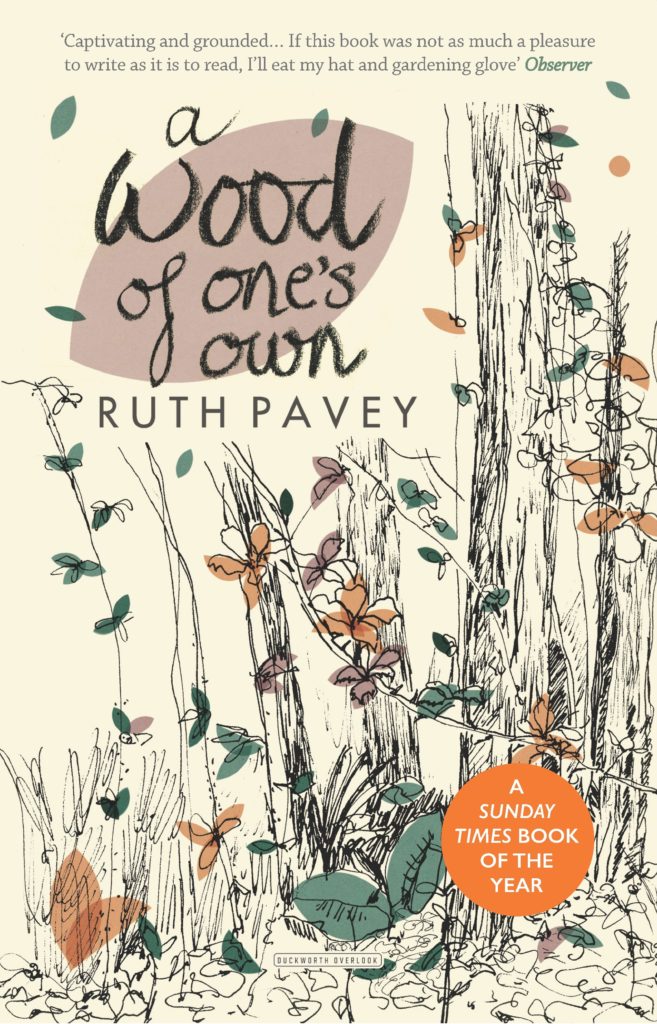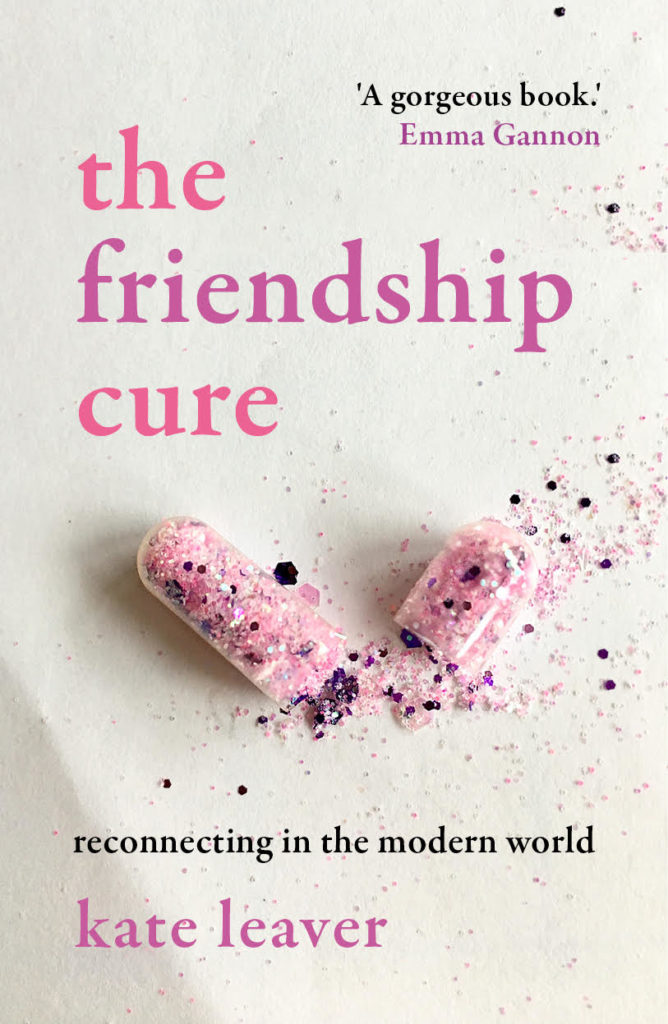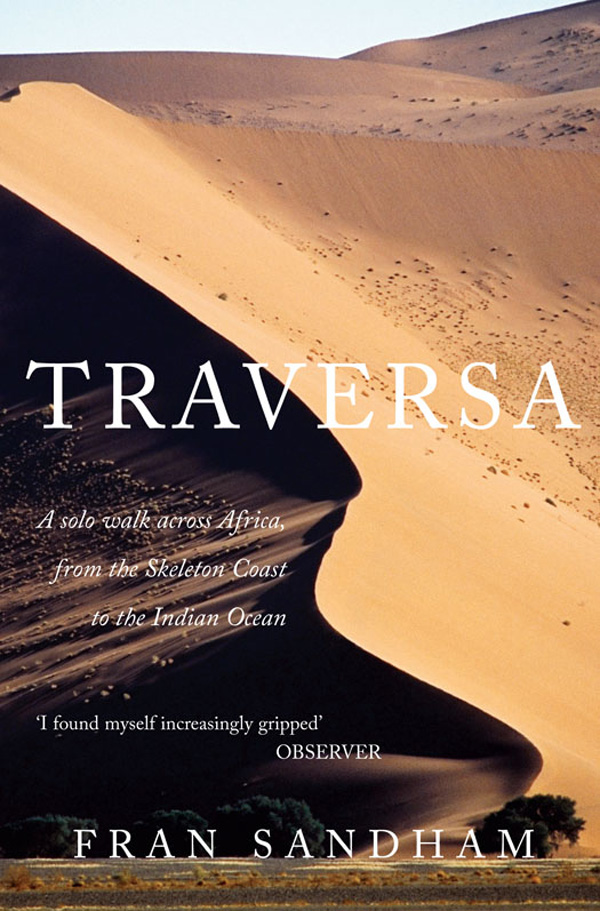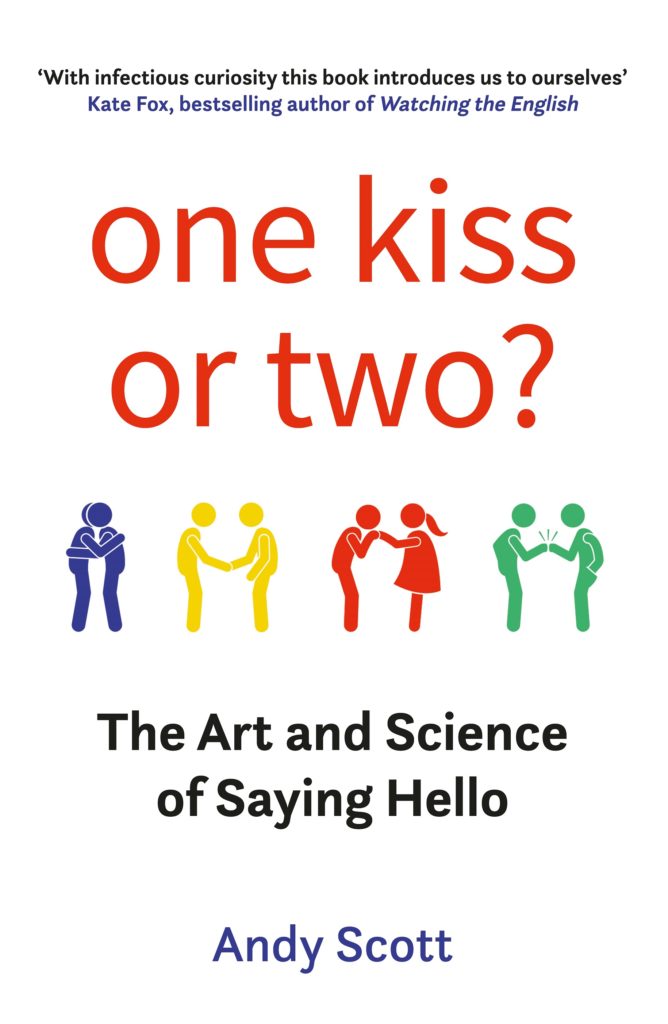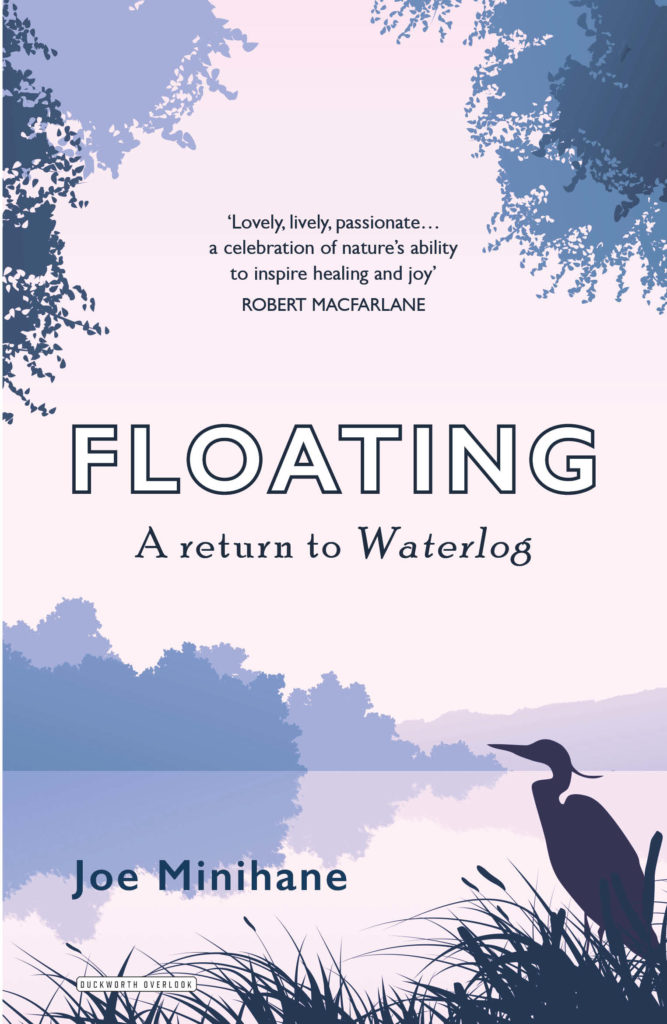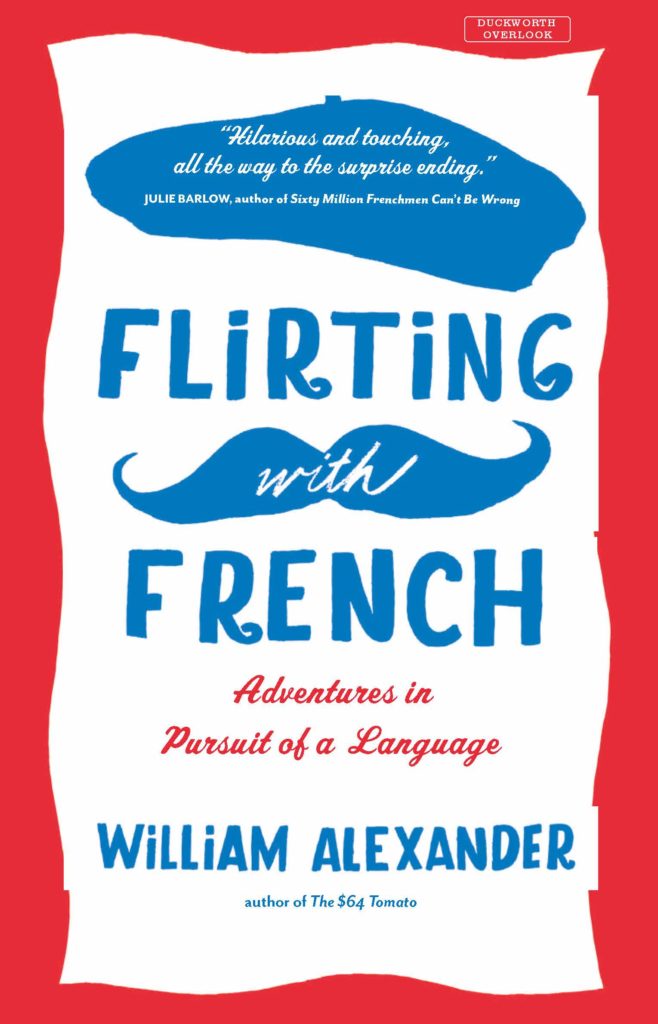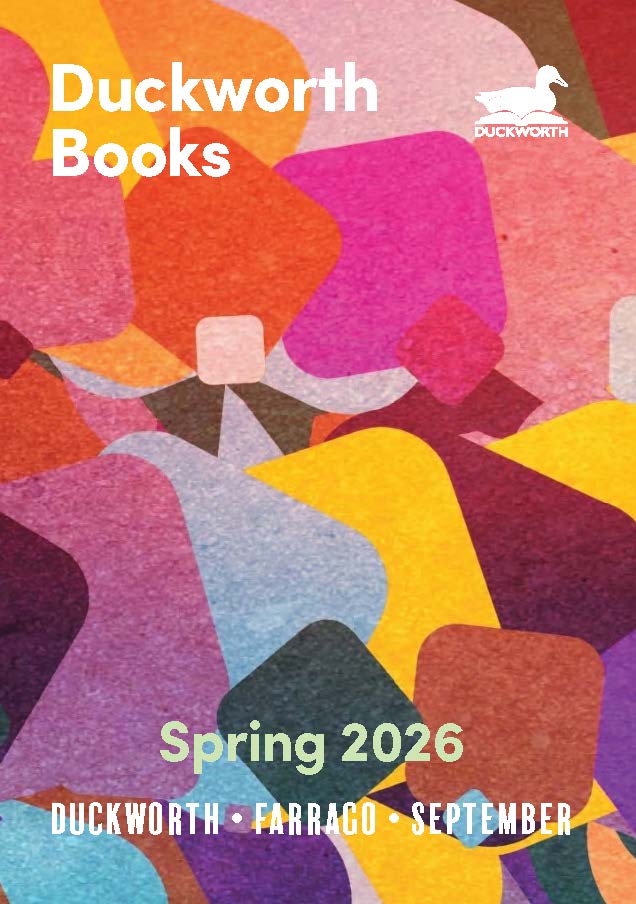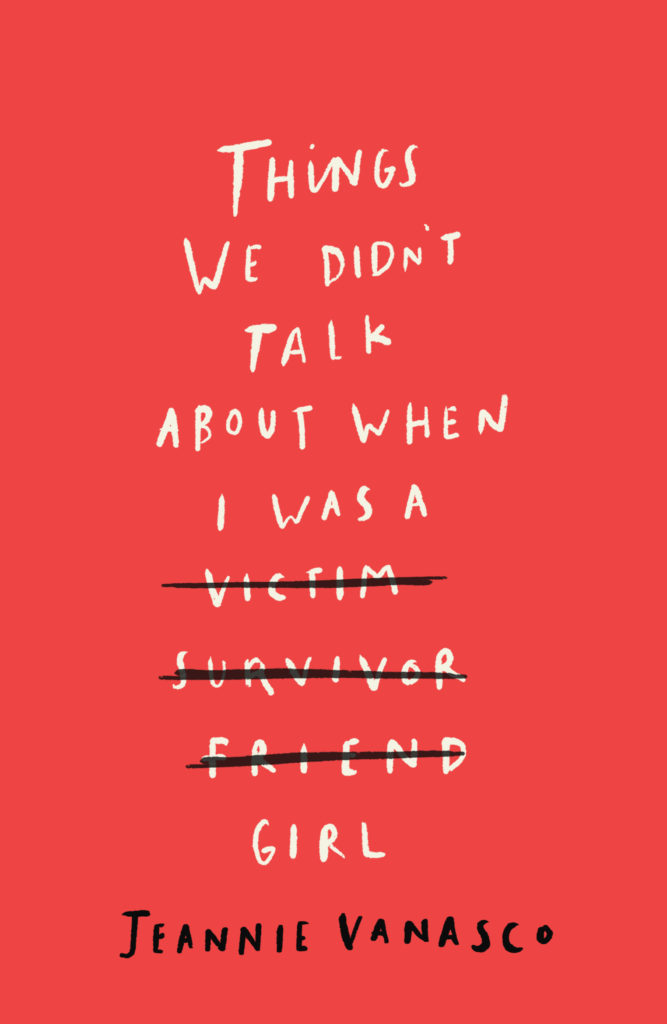
Why would a good person commit a terrible act?
Fifteen years ago, Jeannie’s relationship with a close friend ended in rape. With the rise of the #MeToo movement, recurring nightmares of the event that plagued her as a girl have returned. To process her conflicted feelings of betrayal and take back control, she resolves to face her trauma head-on by interviewing her rapist.
Through their transcribed conversations and discussions with her closest friends, Jeannie’s compelling memoir explores how the incident impacted both of their lives, while examining the culture and language surrounding sexual assault and rape. Things We Didn’t Talk About When I Was a Girl is a necessary contribution to the wider conversation around sexual violence from a brave, new voice.

